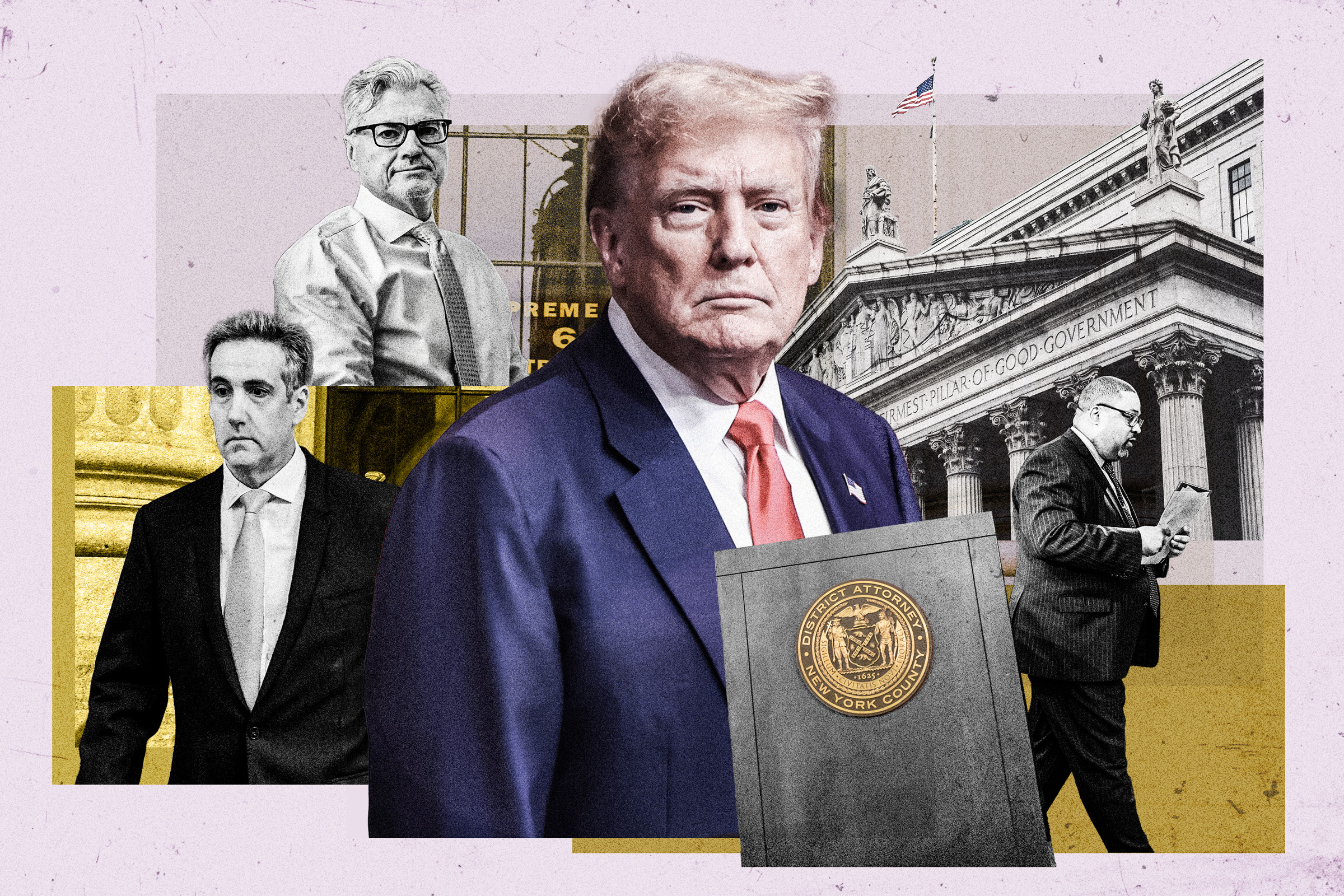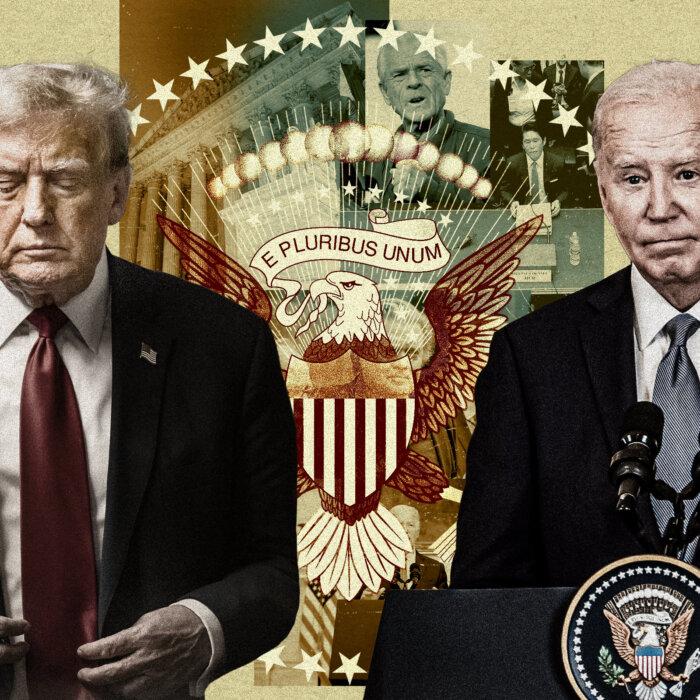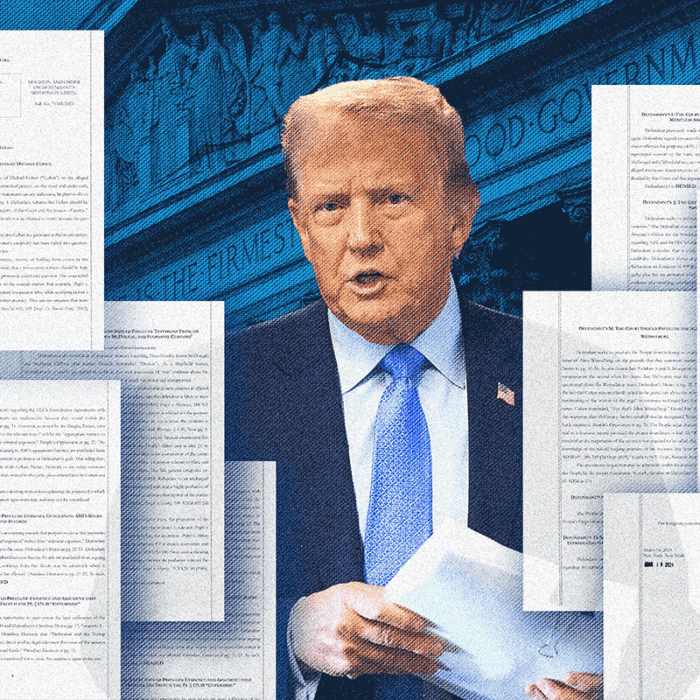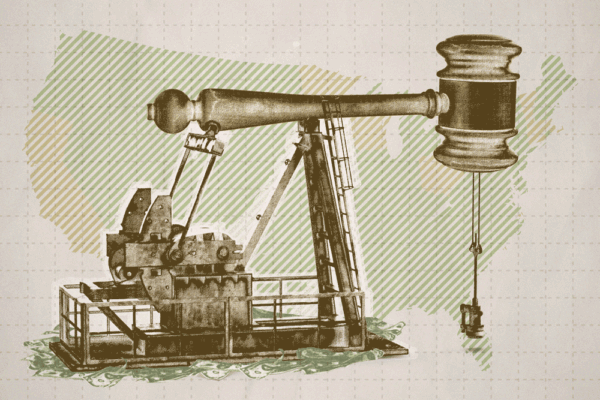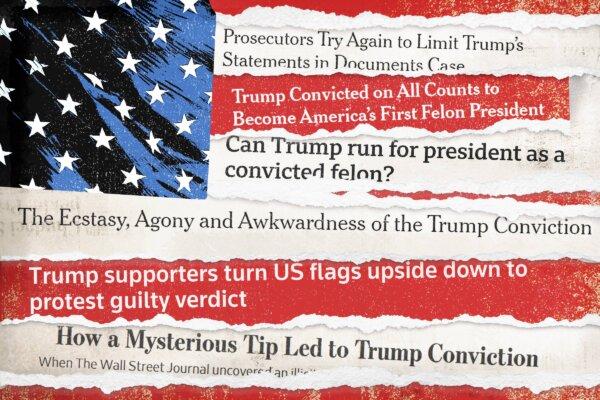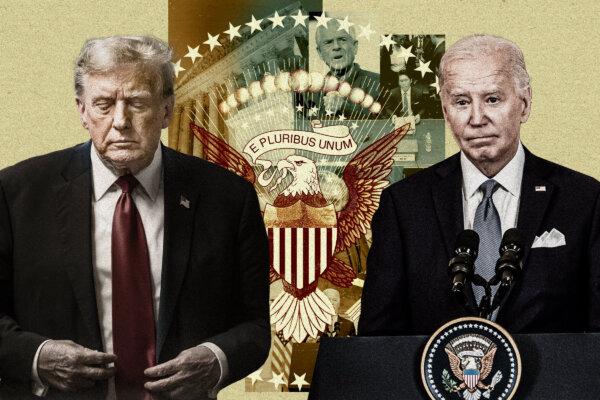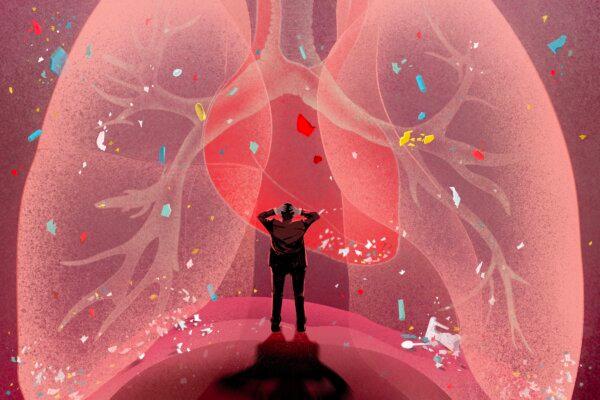Former President Donald Trump has vowed to appeal his May 30 conviction in New York, and attorneys have indicated that he has solid points in making his case.
It’s unclear, however, whether appellate courts will agree to hear President Trump’s appeal. And even if they hear the appeal, they might not overturn the conviction.
The former president has 30 days from the date of sentencing, scheduled for July 11, to file a written notice of appeal. If an appeal is granted, it will make its way through New York courts and may even make it to the U.S. Supreme Court.
It seems unlikely, however, that the Supreme Court will take a direct appeal, especially after it declined a fast-track request in President Trump’s Jan. 6 case in Washington. Instead, the Appellate Division of the First Judicial Department will likely be the first to decide whether to take on the appeal. From there, the losing party can appeal to New York’s highest division, the Court of Appeals.
Attorneys estimate that an appeal would take years to make its way through the court system before reaching some kind of resolution.
It’s also possible that the case could wind up in federal court depending on the claims that President Trump makes.
Former federal prosecutor Neama Rahmani speculated to The Epoch Times that President Trump would “try to find some federal constitutional issue—some hook to get it ... to the Supreme Court.”
The Indictment
Many have criticized Manhattan District Attorney Alvin Bragg’s decision to bring the case in the first place, especially for not specifying the underlying crime President Trump allegedly sought to commit while falsifying documents.A charge of felony falsification of business records requires that the fraud was carried out to commit or conceal another crime.
Mr. Bragg has said that “the indictment doesn’t specify the other crime because the law does not so require.”
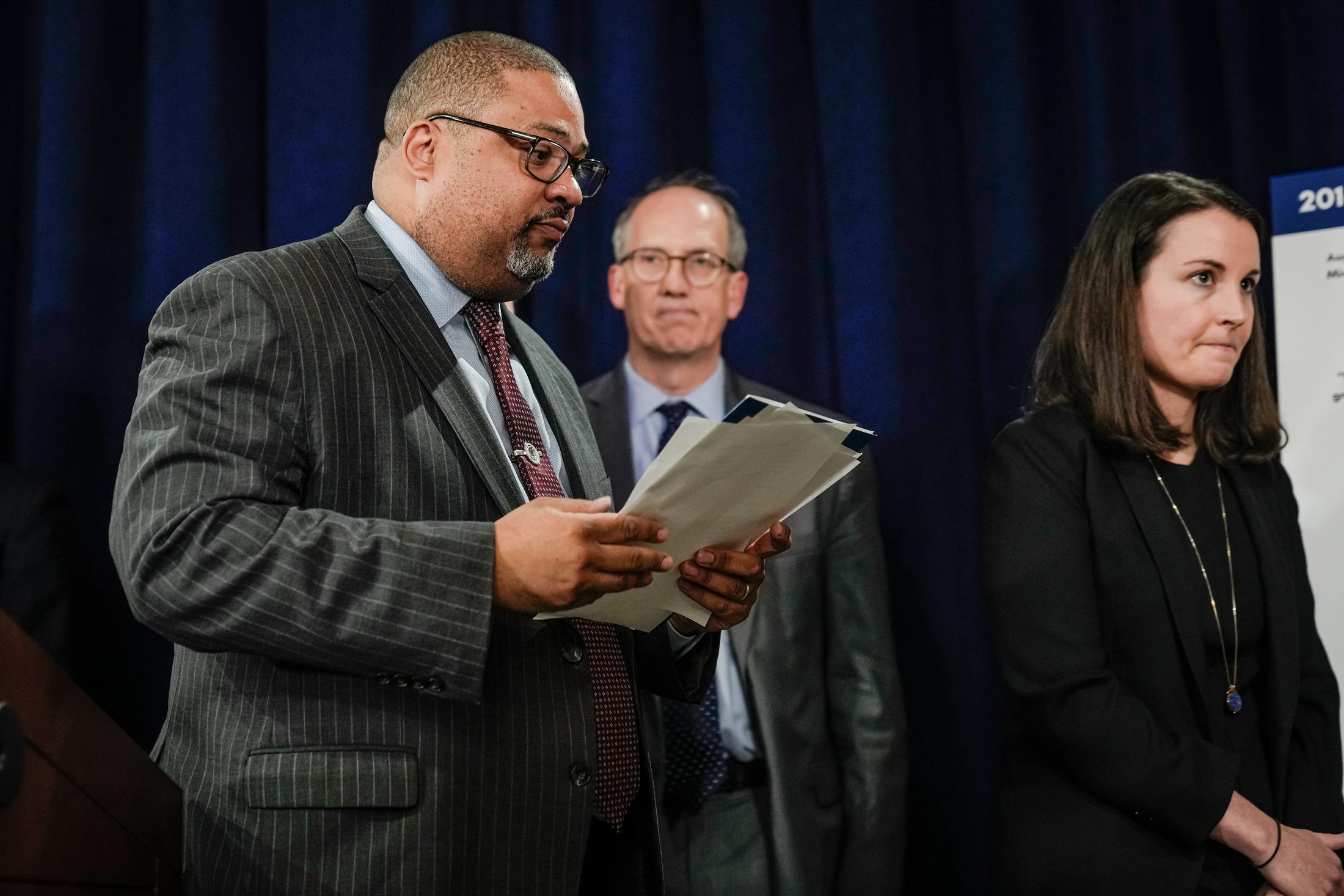
John Shu, a constitutional law expert who served in both Bush administrations, told The Epoch Times he didn’t think the indictment was “constitutionally acceptable.”
“The indictment seemed intentionally vague, so much so that Bragg, not the grand jury, submitted a separate statement of facts,” Mr. Shu said.
This was the key aspect of the case that allowed Mr. Bragg to elevate the charges to felonies. It also allowed him to bring the case years after the statute of limitations for misdemeanors had expired.
Prosecutors alleged that President Trump falsified business documents as part of an attempt to influence the 2016 election. Specifically, they alleged the underlying crime was violating a New York election law that criminalizes a conspiracy “to promote or prevent the election of any person to a public office by unlawful means.”
The prosecution identified three possible “unlawful means”: violations of the Federal Election Campaign Act, the falsification of other business records, and violations of tax laws. Justice Juan Merchan ruled that the jury didn’t have to unanimously agree on which one had occurred.
Questions have also been raised as to whether Mr. Bragg, a local prosecutor, was justified in alleging a violation of federal campaign law to support the accusation that President Trump violated state law. Before he brought the case, both the federal government and his predecessor, Cyrus Vance, declined to charge President Trump.
Mr. Rahmani told The Epoch Times it is unlikely that President Trump can successfully allege that the state’s falsifying documents statute was unconstitutionally vague.
“It’s pretty rare for statutes to get struck down either on their face or as applied,” he said.

Jury Instructions
The somewhat ambiguous nature of the prosecution spilled over into how Justice Merchan instructed the jury to reach a verdict.Jurors were instructed that they didn’t have to unanimously agree on the unlawful conduct that President Trump allegedly committed in an attempt to influence the 2016 election—only that he did engage in at least one of the three forms.
Heritage Foundation Vice President John Malcolm doubted whether the jury instructions complied with New York law.
“I think [President Trump’s] got a reasonable argument that ... the judge’s instruction violated New York law,” he told The Epoch Times.
However, even if Justice Merchan complied with the state law, Mr. Malcolm said, it was questionable whether the lack of unanimity violated President Trump’s right to due process.
Mr. Shu similarly criticized the jury instructions as generally overbroad and vague.
Impartial Justice
Justice Merchan has encountered criticism for donating a small amount to President Joe Biden’s campaign and that his daughter works for a Democratic political consulting firm.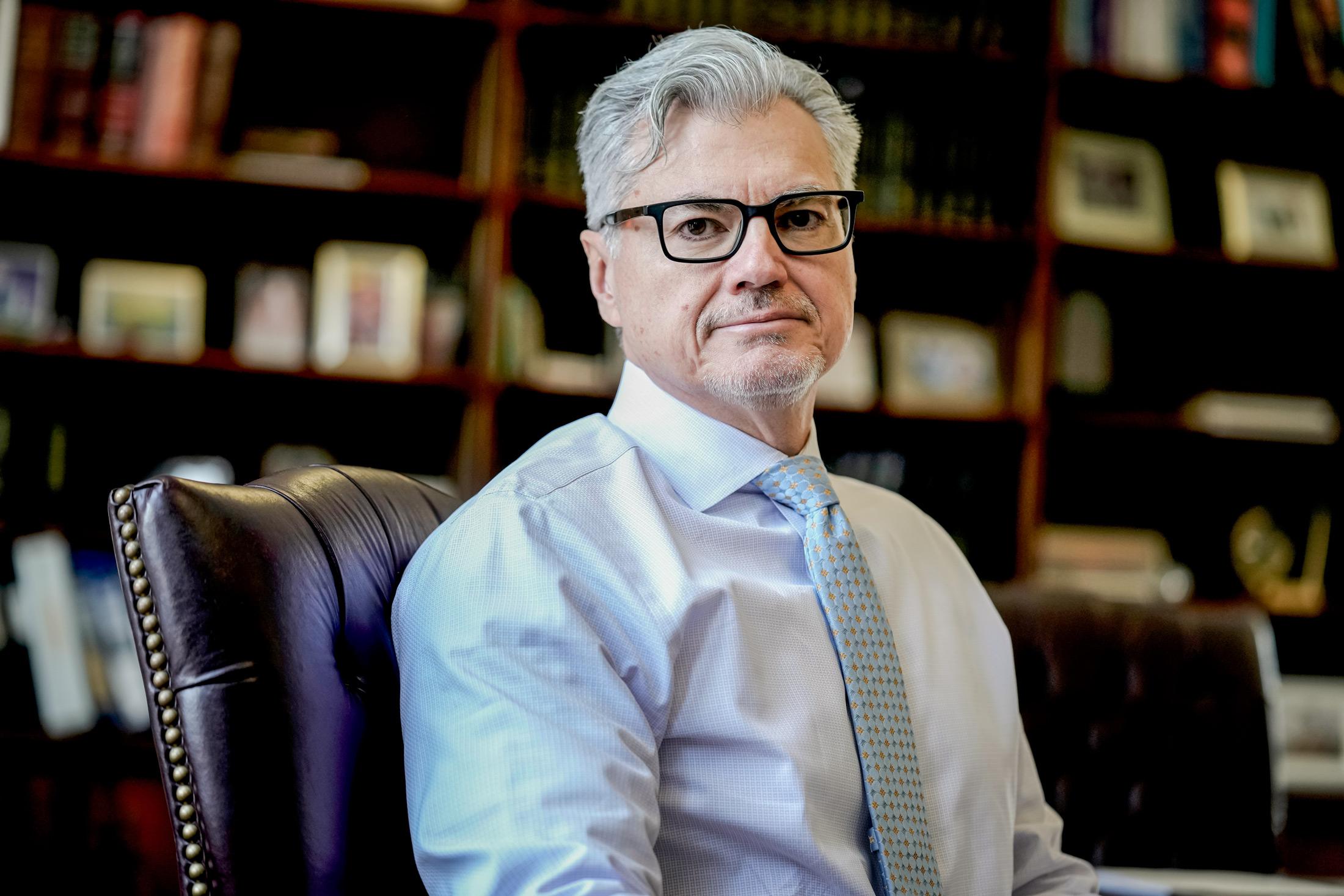
Although the judge refused to recuse himself, Mr. Malcolm said President Trump could raise the issue on appeal.
Mr. Rahmani said the activities of Justice Merchan’s daughter were “not enough” for recusal, pointing to Supreme Court Justices Samuel Alito’s and Clarence Thomas’s refusal to recuse themselves over their spouses’ political activities.
George Washington University law professor Jonathan Turley, who said the trial had “multiple layers of reversible error,” also questioned Justice Merchan’s rulings during the trial.
“In watching Merchan in the courtroom, I was shocked by his rulings as at times incomprehensible and conflicted,” Mr. Turley wrote for The Hill.
Mr. Turley didn’t immediately specify which rulings were incomprehensible but later noted that Justice Merchan “allowed the prosecutors to introduce the plea agreement of Michael Cohen to federal election violations as well as the non-prosecution agreement of David Pecker on such violations.”
Mr. Pecker was the head of American Media Inc., the parent company of the National Enquirer. He claims to have partaken in a so-called catch-and-kill scheme related to former Playboy model Karen McDougal.
“However, it was allowed only for the purposes of credibility and context,” Mr. Turley said. “He issued an instruction that the jury could not consider the plea or the agreement to establish or impute the guilt of Trump.”
Even if President Trump secures an appeal, concerns have been raised about the composition of the appellate division.
Mr. Dershowitz speculated that Appellate Division judges are elected and will be more likely to bow to pressure to reject the Trump team’s appeal.

Testimony and Evidence
Testimony from the prosecution’s primary witnesses—both adult film actress Stephanie Clifford and President Trump’s former personal attorney Michael Cohen—were cited by attorneys as grounds for appeal.Ms. Clifford, for example, delved into lurid details about her alleged sexual encounter with President Trump, which he has denied. Mr. Turley wrote that Ms. Clifford’s testimony was “utterly disgraceful.”
It’s unclear, however, whether the defense waived its right to use objections to that testimony on appeal.
During the trial, Justice Merchan indicated the defense didn’t object enough.
He addressed the defense’s request for a mistrial, wondering why defense attorney Susan Necheles didn’t object to Ms. Clifford’s mention of a condom.
“There was no objection to certain testimony, which was later used in the motion for a mistrial on Tuesday, and again used today,” he said during court on May 9. “For example, the mention of the condom. I agree that shouldn’t have come out. I wished those questions hadn’t been asked, and I wished those answers hadn’t been given. But for the life of me, I don’t know why Ms. Necheles didn’t object.”
In Mr. Cohen’s testimony, he acknowledged to previously pleading guilty to federal election crimes related to the alleged payoff to Ms. Clifford. The prosecution then used that as a basis to allege that federal election violations had occurred.

Mr. Shu said that it’s “distinctly unfair” for Justice Merchan to allow Mr. Cohen to testify on federal campaign finance issues but to then deny President Trump the chance to dispute the legal basis of Mr. Cohen’s testimony with an expert witness, Mr. Smith, who is a law professor and former FEC chairman.
Mr. Rahmani downplayed the issue. He said judges are supposed to instruct the jury on the law, not experts. Experts, he said, can’t tell jurors what the law is or discuss criminal intent.
